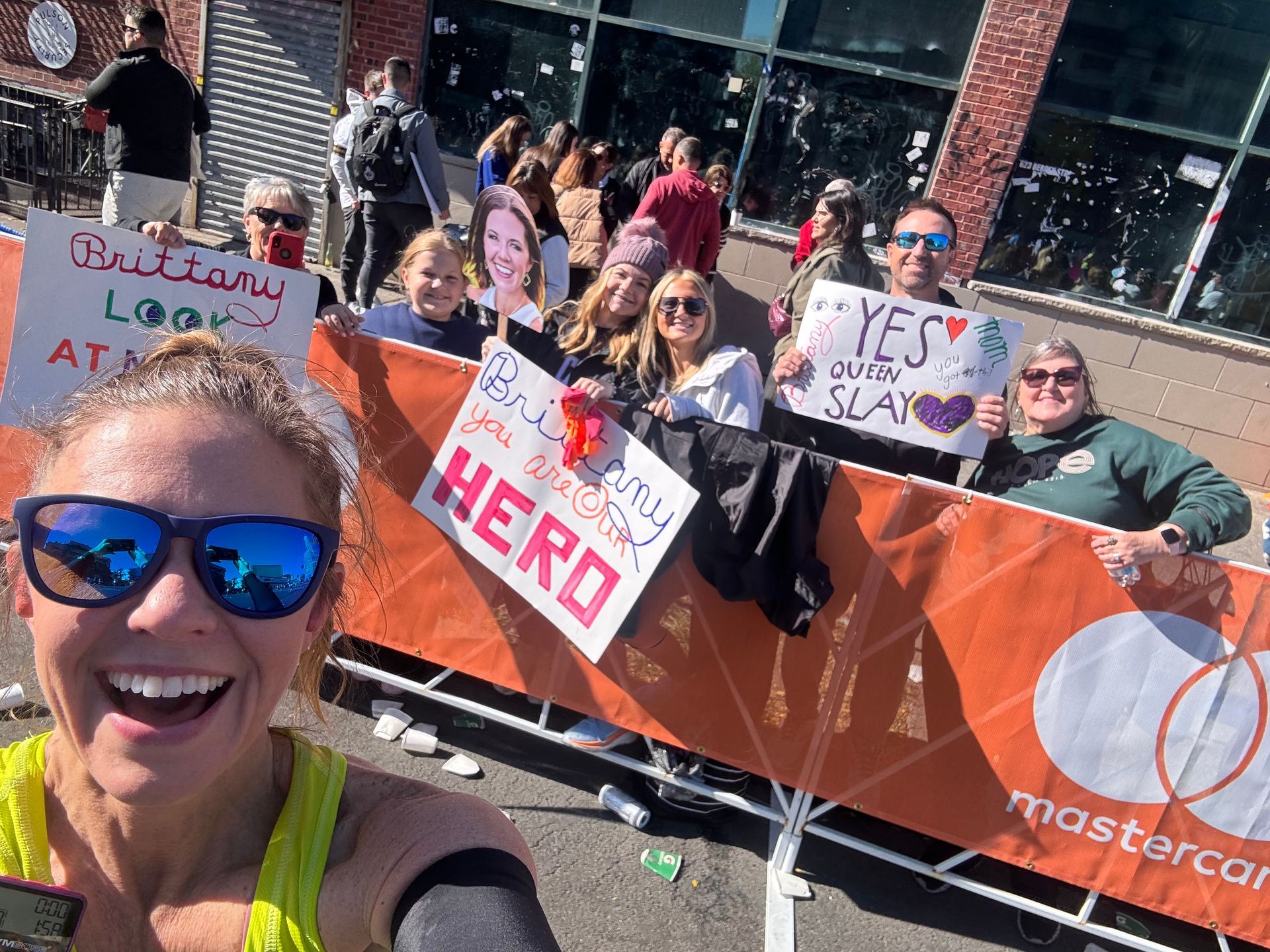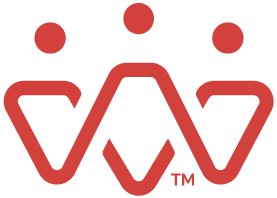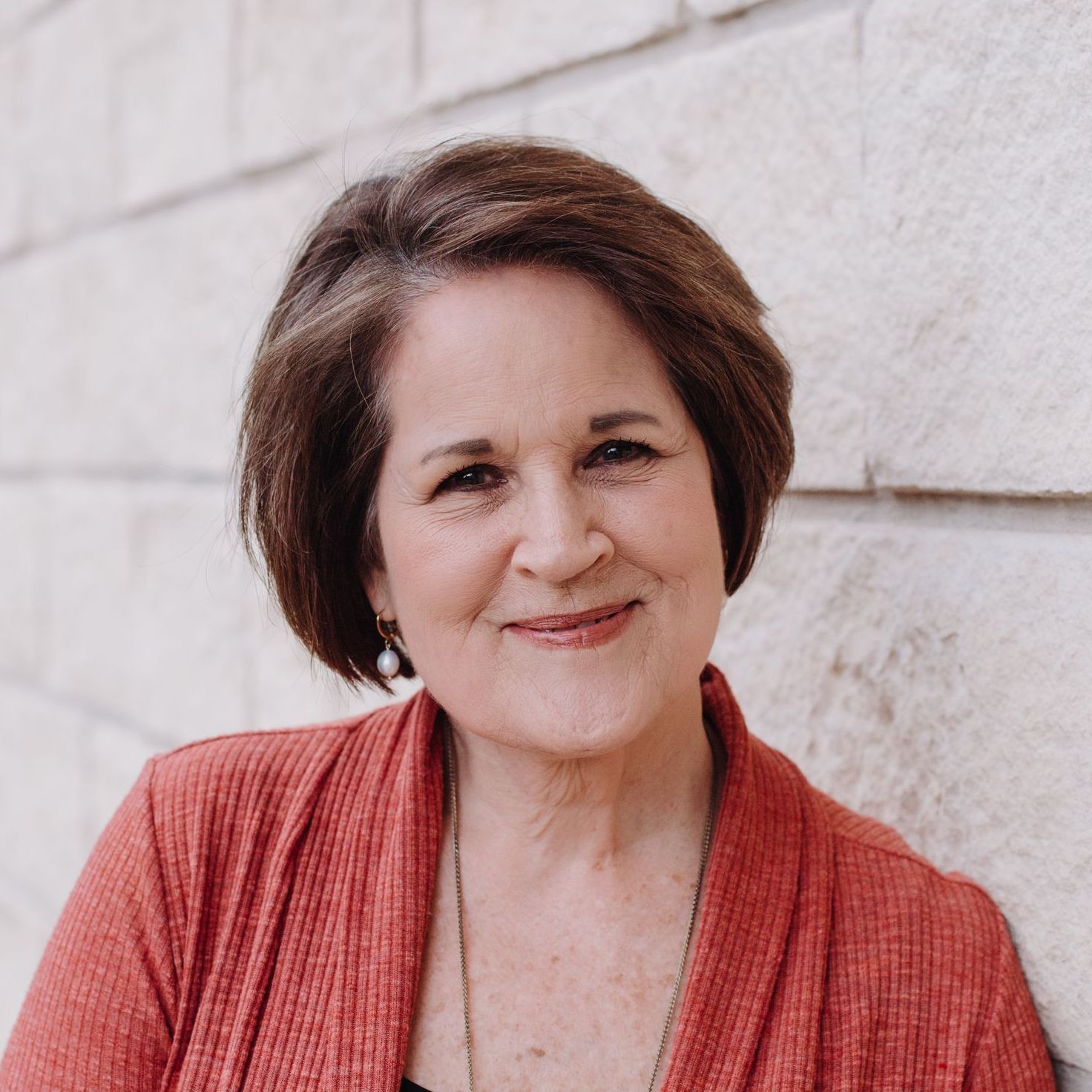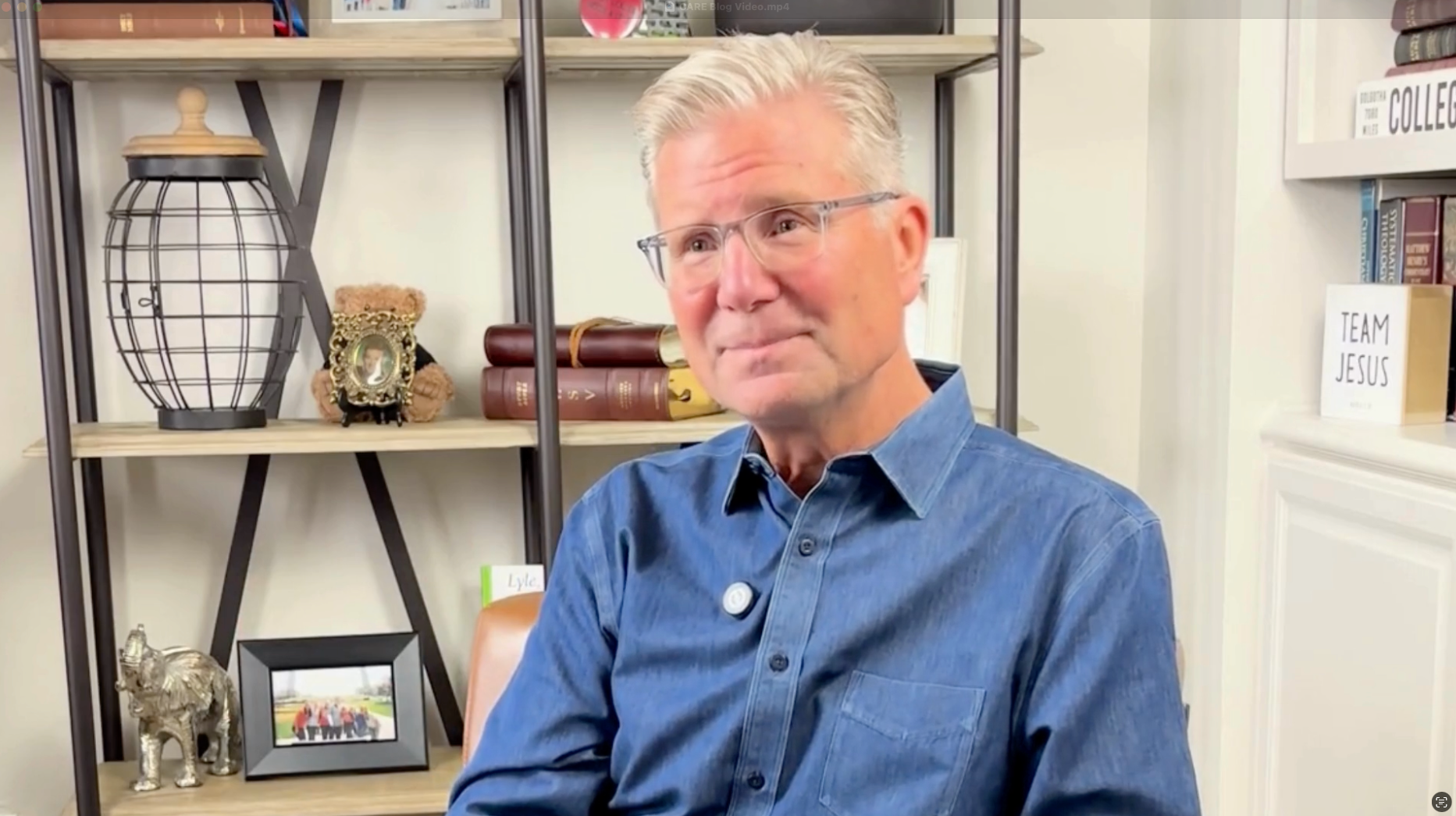info@integrus.org
Supporting Female Leaders
At Integrus, we’re committed to supporting female leaders. We recently hosted a free webinar with two of our behavioral leadership experts to answer the questions female leaders were asking. Our team has distilled that conversation to create the following content, complete with their greatest insights and coaching tips specifically for supporting female leaders.
The Crucial Role of Confidence
Many women experience a lower level of confidence compared to their male colleagues. One way this might show up in a female leader's life is hesitating to step forward until she feels completely ready. Sometimes, this is the thing that slows her progress, while the men around her excel because they're more likely to jump at opportunities whether or not they have it all figured out.
But here’s a thought that might change the way you approach leadership roles: "God doesn't call the equipped; rather, he equips the called." The Bible is full of stories of God fulfilling His purposes through men AND women who, looking at the outside, didn't have what it takes. But God looks at the heart. This powerful notion suggests that you don’t need to wait until you feel fully prepared to take on leadership challenges. Leadership skills can be honed over time, and starting before you feel ready can be part of the journey.
Ways female leaders can boost confidence, both internally and externally:
- Internally, it’s about fostering a steadfast belief in the Lord's divine placement in your current role. Telling yourself, "I belong here because I am meant to be here," can be incredibly empowering. God's given you this assignment.
- Externally, confidence can be projected through your body language and energy. Simple actions like smiling and making eye contact can communicate confidence within the first moments of interaction with your team, setting a positive tone for what follows.
The Power of Mentorship and Coaching
In most cases, the female leaders who experience the greatest breakthrough in their leadership are being mentored or coached. The author of Ecclesiastes admonishes us that two people are better off than one because they can help each other succeed, but finding the right mentor or coach shouldn't feel overwhelming.
Here’s how you can start:
- Identify Growth Areas: Determine the top three skills or qualities you want to enhance. This focus will guide you in selecting a mentor who can truly help you progress.
- Reach Out Proactively:
No one is likely to offer mentorship without you initiating. Make phone calls or send messages to potential mentors, inviting them for coffee. Be clear that you’d like to meet specifically to discuss your development areas and get their advice.
- Ask Specific Questions: When you meet, have specific questions prepared that will help you understand how this mentor can guide you in your identified areas of growth.
- Look for Humility: Choose a mentor who values learning from you as much as you will from them. This two-way educational relationship, known as reverse mentoring, ensures both parties gain from the experience. (Remember, two can help each other succeed.)
Healing from Leadership Scars
Leadership roles often come with their share of challenges, such as feeling overlooked or undervalued, that can lead to emotional wounds and sometimes leave deep scars. If that's you, you're not alone. (Even the men struggle with this.) You can't help the behavior of others, but you can take ownership of your healing so that these scars don't keep you from moving forward. Here’s how you can begin the healing process:
- Acknowledge the Hurt: Recognize and admit your feelings. Understanding that it's okay to feel hurt. Clearly defining the hurt is the first step towards healing. This awareness is crucial because it's the starting point for change. You can't fix what you can't identify.
- Seek External Support:
Look for support outside your current environment. This could be professional counseling, a coach outside your organization, or a trusted peer group. External perspectives can offer new insights because they have zero biases. Also, choose someone who will shoot you straight and tell you the truth, even if it means exposing a blind spot in your life.
- Invest in Self-Care: Prioritize your well-being. This includes getting adequate sleep, engaging in recreational activities, eating well, and maintaining social connections. Good physical health supports emotional resilience. Remember that we are made up of spirit, soul and body, and we need to tend to all three to keep "the engine" running smoothly.
- Monitor Your Self-Talk: Be mindful of your internal dialogue. Challenge and change any overly critical or negative thoughts. Treat yourself with the same kindness and understanding you would offer a friend. If you really struggle with this, consider writing in a journal when you catch yourself in a thought spiral. Seeing your thoughts in "black and white" can illuminate areas in which you're really struggling.
- Ask God to Heal Your Heart Through Prayer: Healing only comes from Jesus. He is the mender of broken hearts. As you identify wounds and scars and begin to get a handle on the spiraling thoughts in your mind, take them to the Lord in prayer and ask Him to help you heal. Read scriptures, and write down all of God's promises you come across. Pray and speak those over yourself, and you will begin to experience His joy and peace growing to replace the hurt.
- Stay Faithful and Patient:
Continue to be diligent and faithful in your role. Trust that even if your efforts seem unrecognized now, the value you provide does not go unnoticed. In time, your contributions will be acknowledged, and opportunities will arise. There are times when you have to do as Colossians 3:23-24 says, "Work willingly at whatever you do, as though you were working for the Lord rather than for people. Remember that the Lord will give you an inheritance as your reward, and that the Master you are serving is Christ."
Remember, healing from leadership scars involves patience and self-advocacy. You are not alone in these experiences, and taking these steps can empower you to emerge stronger and more resilient.
Find an executive coach.
We've assembled one of the most experienced and qualified group of executive coaches, and our female coaches know what it's like to walk a mile in your shoes. Each of them draws on their own real-life experience to bring you wise strategies and effective methods to grow your leadership and team.
Jeri Bisbee
JoAnn Hummel
Laura Gardner
SHARE THIS POST









































